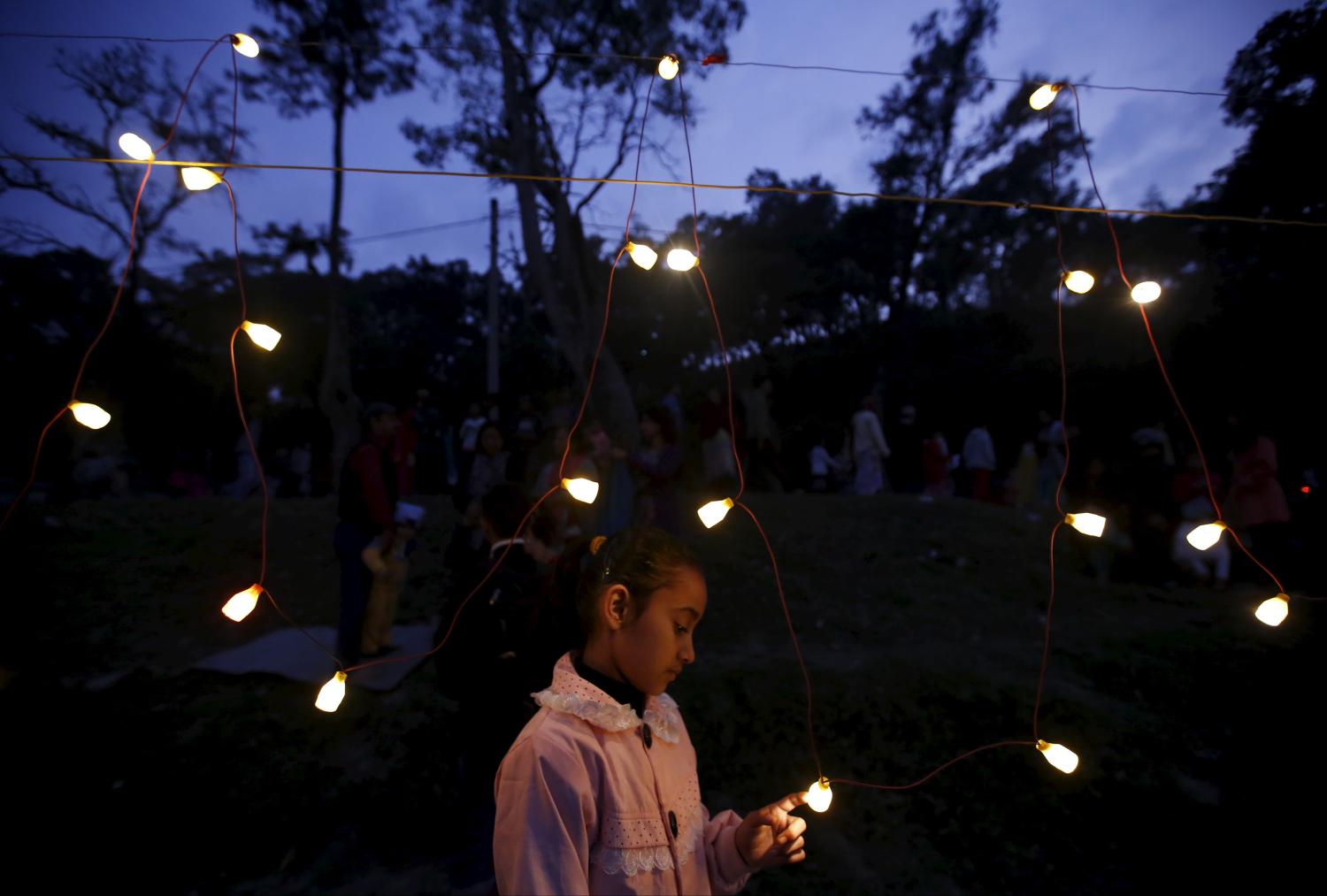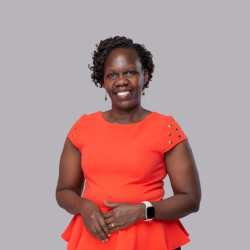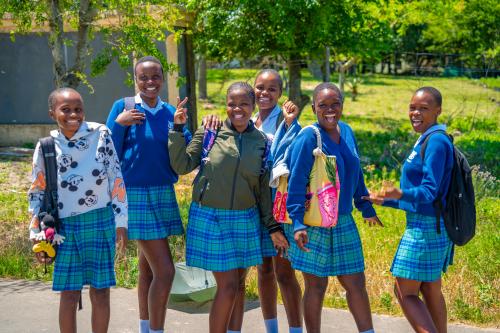“Pregnant and breastfeeding girls should not come to our schools. Let them sort their issues at home, we cannot allow such immoral behavior,”
– Bishop James William Ssebaggala, Mukono Diocese, 2022.
Uganda hosts the largest refugee population in Africa, with 1.45 million people—3.2% of the country’s population—mainly hailing from South Sudan and the Democratic Republic of the Congo. Of these, 850,900 are children and 419,561 are girls.
Refugee girls face a disproportionately high risk of early pregnancy, an alarming trend that has been exacerbated by the COVID-19 pandemic in Uganda. A recent study by the Forum for African Women Educationalists (Uganda Chapter) reports that teenage pregnancy among girls and young women aged 10-24 years living in refugee settlements increased from 3.3% to 4.1% during the pandemic. Furthermore, the proportion of refugee girls who reported being pregnant during COVID-19 in one Palabek settlement was as high as 4.8% compared to 1.8% nationally.
Education gives refugee children, adolescents, and youth a place of safety amid the tumult of displacement. It amounts to an investment in their futures—yet pregnancies often preclude girls from continuing their education and strengthening their learning opportunities and life outcomes. Adolescent pregnancy and childbearing can lead to school pushout due to expulsion; lack of childcare support; or stigmatization by family, peers, and communities. A report from the Ugandan Ministry of Education and Sports indicates pregnancy as a major reason for school dropout in the country, accounting for 22.3% of school dropouts among girls aged between 14 and 18 years. This situation prevents teenage mothers from securing improved economic prospects. Uganda’s National Population Council also agreed that teenage pregnancy was a barrier to the nation’s quest for a demographic dividend.
In refugee host districts, pregnant teenagers’ odds of re-enrolling after the pandemic are far worse than their non-refugee peers, as they also face a lack of resources and strikingly precarious education conditions that constitute barriers to educational attainment. Additionally, discriminatory cultural practices pose even greater challenges for girls who are already vulnerable due to their refugee status.
The need for effective school reentry guidelines
Access to education is a fundamental human right. The lack of a policy or mechanisms to ensure pregnant girls and young mothers complete their education denies girls this right enshrined in Uganda’s constitution (section 34). There is no legal grounding for preventing pregnant girls and young mothers from continuing their education, but practices on-the-ground lead to the expulsion of most pregnant girls; however, this is on moral grounds and not backed by any government policy, guideline, or directive. The education ministry’s silence over how to deal with the issue has left girls at the whims and wills of parents, teachers, and school managers, which often leads to school pushout.
Disruptions associated with the COVID-19 pandemic reinforced pre-pandemic vulnerabilities to adolescent pregnancy and child marriage. For girls, reaching higher levels of education deters teenage pregnancy. In December 2020, the Ministry of Education and Sports approved and launched the “Revised Guidelines for the prevention and management of teenage pregnancy” in school settings, providing a policy framework to clarify schools’ roles regarding reentry of pregnant girls and young mothers. The guidelines stipulate measures and steps that should be taken in school settings to prevent and manage pregnancy and to enable the reentry of teenage mothers so they can complete their schooling.
As a 2023 Echidna Global scholar, I am researching how the implementation of school reentry guidelines can be strengthened, so that they facilitate access to and completion of education for pregnant teenagers and young mothers in host and refugee communities in Uganda’s Adjumani district. The research will provide recommendations to strengthen frameworks for supporting the educational outcomes of vulnerable pregnant teenagers and young mothers in Uganda—as well as in countries across the Global South with similar challenges as part of their agenda to strengthen learning opportunities and life outcomes for girls and young women.
My interest in this study results from years of professional work as a practitioner in development and humanitarian situations, supporting the education of vulnerable youth, young mothers, child soldiers, young people infected and affected by HIV/AIDS, and observing the impact of education on these communities’ lives and wellbeing. Understanding the policy implications of the guidelines on education for refugees and host communities is critical to solving challenges faced by young people in Uganda and elsewhere.
The Brookings Institution is committed to quality, independence, and impact.
We are supported by a diverse array of funders. In line with our values and policies, each Brookings publication represents the sole views of its author(s).






Commentary
Post-COVID school reentry for pregnant girls and young mothers in Ugandan refugee communities: A reality or myth?
October 17, 2023